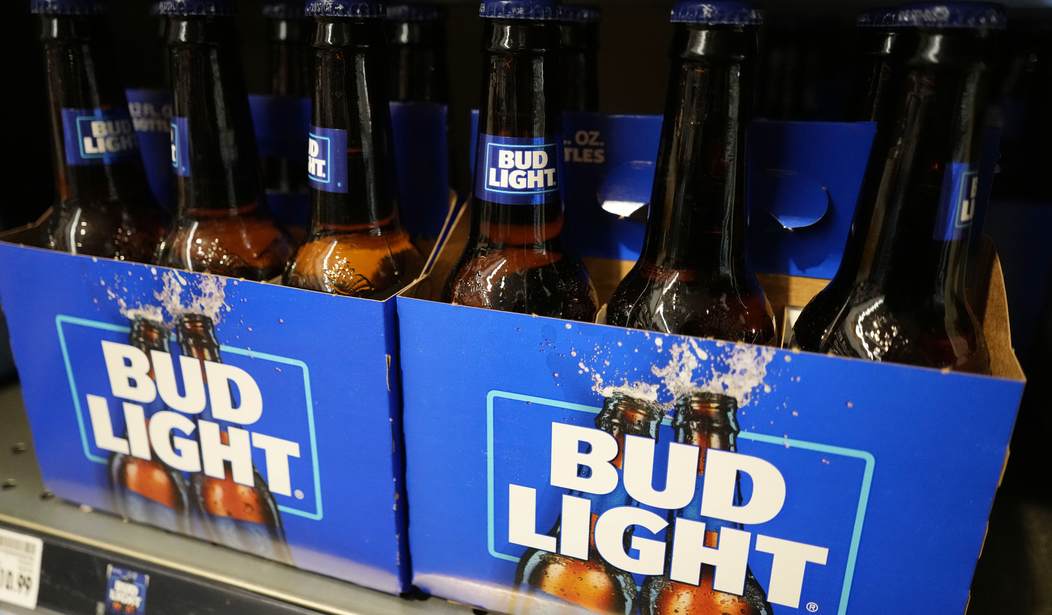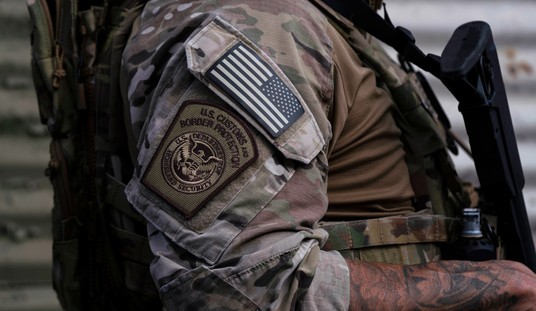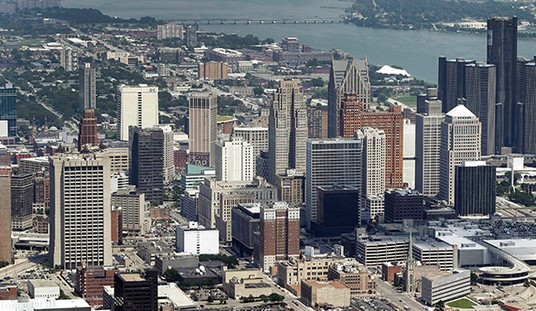The drama that unfolded in April related to Anheuser-Busch’s decision to partner with transgender influencer Dylan Mulvaney has left the company in a crisis of brand identity and leadership. Former employees have reportedly criticized the organization’s leadership over the fiasco, arguing that they should have doubled down on their support for Mulvaney and efforts to create a more inclusive brand.
During conversations with The Guardian, several former workers pointed to “incompetence” in the upper echelons of the company and lamented its decision to pull away from pushing a progressive agenda through its marketing.
When Anheuser-Busch InBev, the multinational beer company, promoted Alissa Heinerscheid to vice-president of marketing for Bud Light in July 2022, she became the first female VP in the beer’s 40-year history. “It’s just old white men,” says one former employee of the company leadership. “That’s why we were excited to at least have Alissa in that role.”
In a March 2023 interview with the lifestyle podcast Make Yourself At Home, Heinerscheid spoke of her remit. “I had a really clear job to do when I took over Bud Light, and it was: ‘This brand is in decline, it’s been in a decline for a really long time, and if we do not attract young drinkers to come and drink this brand, there will be no future for Bud Light.’” Part of that involved updating the marketing to be “lighter, brighter” and more inclusive. “Bud Light had […] a brand of fratty, kind of out-of-touch humor,” Heinerscheid said.
Instead of ensuring a prosperous future for Bud Light, Heinerscheid’s tenure was marked by a sharp decline in sales and one of the biggest boycotts of a brand in US history, after a minor social media partnership with Dylan Mulvaney was attacked by rightwing anti-trans groups. Over the past month, the Guardian has spoken with insiders at Bud Light and the agency the company contracted about what exactly happened and why the brand refused to back Mulvaney during the backlash. Former employees, who wish to remain anonymous, spoke of leadership incompetence and said that executives were operating from a place of fear and were now vetting public comments under the brand’s Instagram posts to remove any hint of negativity. Anheuser-Busch did not respond to multiple requests for comment for this story.
One former employee told the news outlet that when the backlash against the Mulvaney campaign ensued, “there was a lot of panic and a lot of rash decision-making.” The individual noted that they did not “hear anything from leadership for over a month” until they issued a statement “that pretty much said nothing.”
Others defended Heinerscheid, who championed the Mulvaney partnership. One expressed frustration that the vice president “was blamed for all this when she had nothing to do with it” and noted that she was like “a mother to the company.”
When Mulvaney discussed the controversy publicly and explained that he had received death threats, employees were concerned for his safety. “Are we doing everything we can as a company to support this person,” one of the workers asked their boss.
Many of those interviewed highlighted the lack of direction coming from upper leadership in the company.
Workers felt rudderless, frustrated by the inaction from corporate leadership and worried about their job security. “I don’t remember there being much assurance,” says the first employee. “It’s possible that there was a canned response given in some town hall [meeting].” In retrospect, they say, there was a pattern of “a lot of trickled-down lies from leadership”. The second former employee adds: “I really wish that we had stuck to our guns and said: ‘We did this; beer is for everyone; get over it.’”
Activists have also criticized the company for trying to please everyone – and failing.
This summer and fall, Bud Light has pivoted to all-American marketing, with sponsored country and rock shows, sun-dappled ads depicting summer barbecues, and costly marketing around NFL and college football. For some, it has felt like a cop-out. “They tried to appease everybody [and say] ‘This is us with our American values,” says Brian Wenke, executive director of the LGBTQ+ youth non-profit It Gets Better. “They lost the LGBTQ+ people, they lost the conservative people and nobody wanted to engage with them any more. You’ve got to stay the course, because you will do exponentially more damage than if you had just stuck to what you believed was the right path.”
Bud Light has seen significant and long-lasting drops in its revenue. Earlier this month, a beer industry expert speculated that the company’s loss of customers could be quasi-permanent.













Join the conversation as a VIP Member